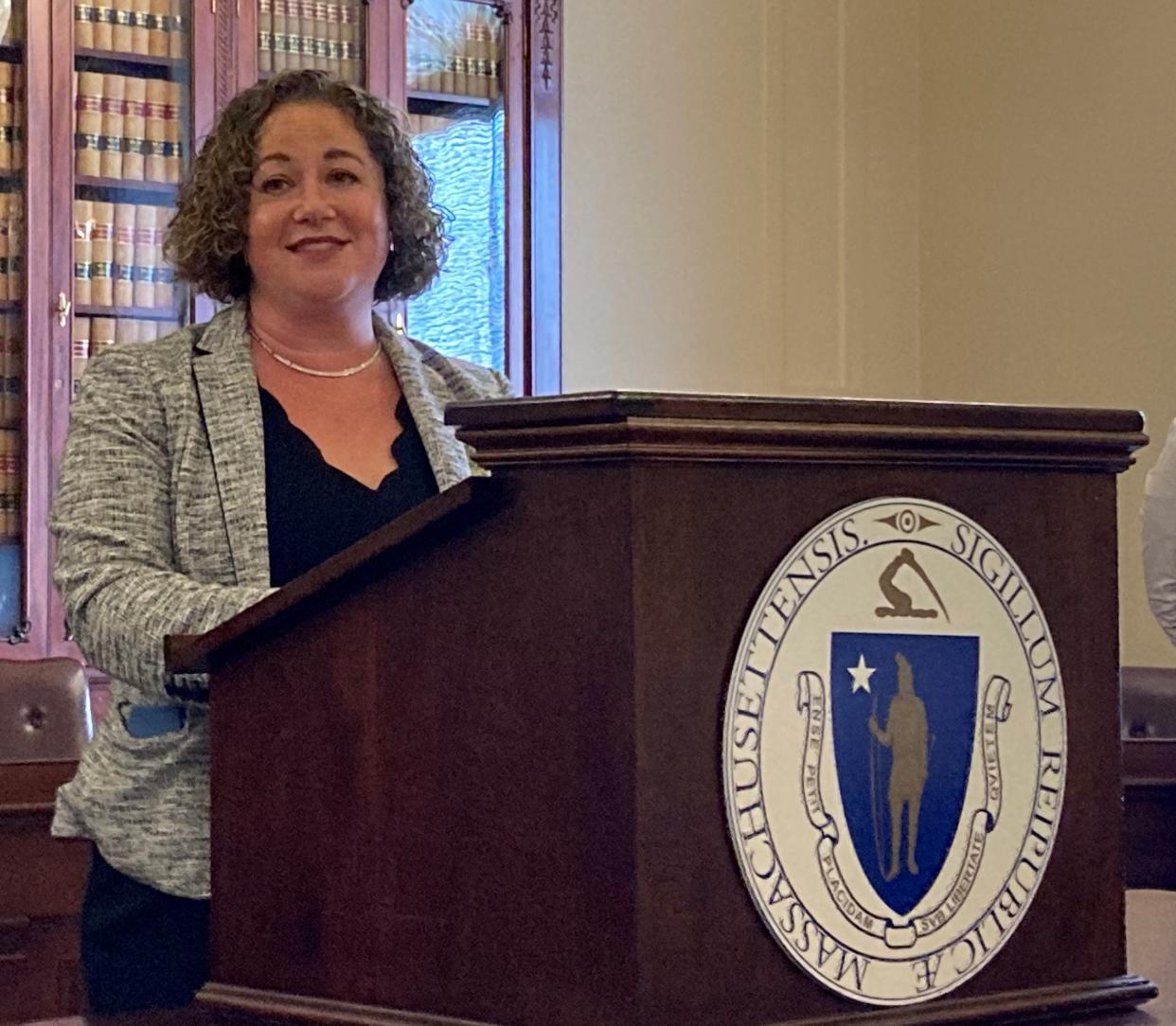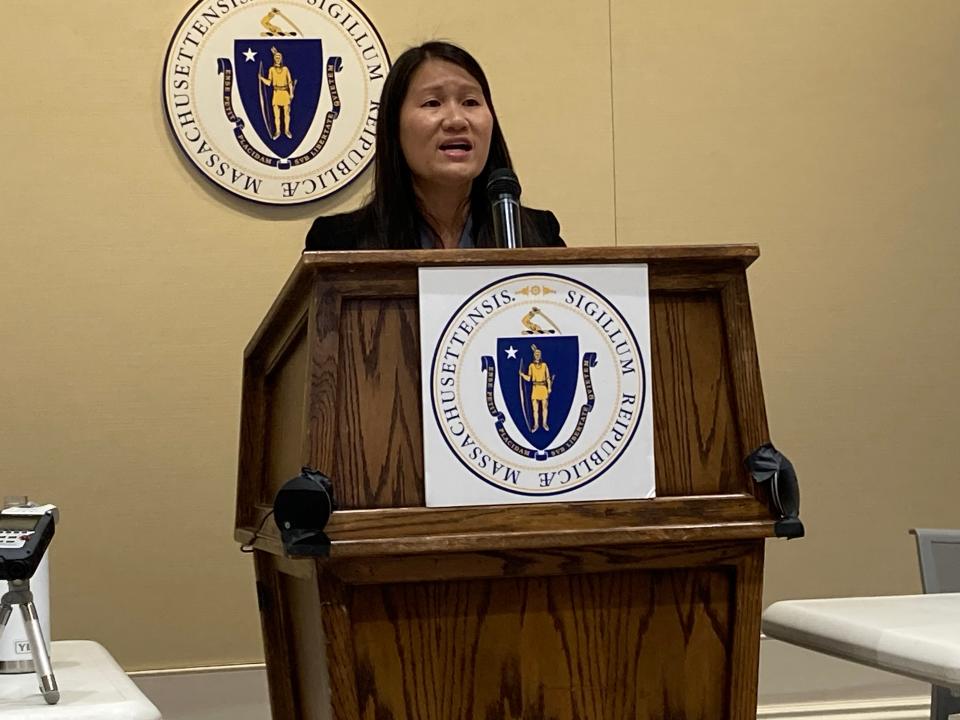Mass. lawmakers consider requiring property owners to test well water before selling homes

Homeowners relying on wells for their drinking water may soon have to take the extra step of testing for contaminants when selling their property, if legislators pushing for the extension of clean drinking water standards include private wells.
The measures, presented to supporters last week and presented to the Joint Committee on Environment and Natural Resources on Wednesday, would allow the state Department of Environmental Protection to set standards for private wells, much as it sets clean water standards for public water supplies.
Some 200,000 private wells support half-million residents
There are some 200,000 private wells in Massachusetts, mostly concentrated in central and western parts of the state. However, residents on Cape Cod also rely on well water and face unique problems when the water, drawn from shallow aquifers, becomes contaminated by fertilizers or residents’ septic systems.
Roughly 500,000 residents statewide drink from private wells.
“We need statewide regulations and enforcement,” said Oami Amarasingham of the Massachusetts Public Health Association. “People cannot be healthy if they drink polluted water.”
Initiatives to document the condition of Massachusetts’ wells, undertaken by the Coalition for Safe Drinking Water, indicate that 30% of wells in the state could be contaminated by heavy metals, bacteria or PFAS.
One initiative focused on testing in 84 communities where at least 60% of residents relied on wells for their drinking water.
“The good news is that 73% were PFAS-free,” said David Reckhow, of the College of Engineering at the University of Massachusetts in Amherst.
However, PFAS exceeded federal guidelines in 6% of the tested wells.
“The residents didn’t know their wells were polluted,” Reckhow said.
The state demands the routine testing of public water supplies but does not require testing of private well water.
Committee Chairwoman Sen. Rebecca Rausch, D-Needham, asked about the nuts and bolts related to the requirement, from the cost of testing and mitigating pollution to how the requirement will be supported and funded.
Supporters suggested the state extend the loan pool used for septic system testing and remediation, which provides zero- or low-interest loans to low-income residents to fix their wastewater systems.
“The costs are moderate,” said Amie Shei, president and CEO of The Health Foundation of Central Massachusetts.
Her estimate was supported by Mary Brolin, a Boxborough resident, Brandeis professor and homeowner with a private well. Brolin participated in a survey of well water and found that while her tap was clear of certain contaminants, it tested high for PFAS.
“We tested the well water when we purchased the home, but we didn’t realize it’s recommended to test the water yearly,” Brolin said. When she learned the well water was high in PFAS, Brolin purchased a reverse osmosis system for under her sink for $750.
“This is the first year,” Brolin said, explaining she does not yet know what the yearly maintenance cost will be but expects it to be within a $200 range.
“My question was, How long have we been exposed to the PFAS?” Brolin said.

Shei told the committee that the timing is perfect to enact legislation to regulate well water in Massachusetts.
“You must step up to the urgency of the moment,” Shei said. The cost of inaction, she said, would be higher in terms of human health.
Brita Lundberg of Lundberg Health Advocates said that the yearly cost to health could range in the billions.
“Hyannis spent $10 million; Barnstable spent $20 million to mitigate water issues, but that’s still less than the cost to health,” Lundberg said.
Currently, local departments of public health can set well water standards for their communities. However, Phoebe Walker of the Franklin Regional Council of Governance said the patchwork method is neither efficient nor working well.
“It’s an antiquated approach to ensuring the safety of drinking water,” Walker said. Massachusetts residents with access to municipal water, those living in more urban areas, are assured of the water quality. Residents in more rural stretches of the state do not have similar assurances.
This article originally appeared on Telegram & Gazette: Well water under scrutiny in Massachusetts, need for testing seen

